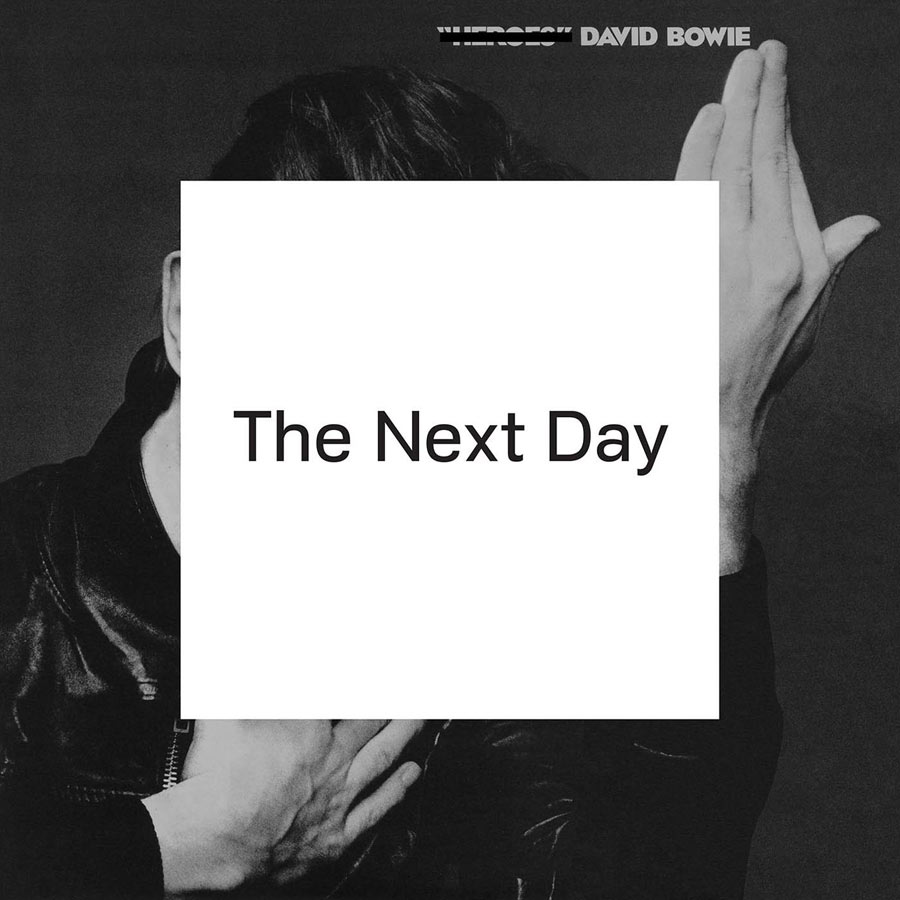
David Bowie’s The Next Day is a strong and successful album, flowing vibrantly with currents from the past. For David Bowie fans, The Next Day comes as a decade long renewal of a rock legend.
Admittedly, many teenagers do not fall into this category. David Bowie is a relic of a past generation; however, his musical vitality has not yet run out. The Next Day is not a slew of slow ballads that might be expected from an aged artist. The lead single for the album, “Where Are We Now?” is a ballad, but surprisingly only one of few on the album. Introspective and retrospective, the song is made a more meaningful, direct statement in the context of David Bowie’s recent revival from a storied career. After all this time, David Bowie has managed to create an album with variety and energy.
While The Next Day is generally grounded in themes of modern day love and mortality, the space motif that was prolific in his earlier years in songs like the worldwide hit “Space Oddity” is still present. The Rolling Stone review of the album called “The Stars (Are Out Tonight)” one of the greatest songs ever written by Bowie, and goes on to proclaim it a fusion of two other Bowie hits, “Space Oddity” and “Heroes.”
Reviews of The Next Day have been positive. Its score of 84 out of 100 on metacritic (an online site that aggregates critic’s reviews) is quite impressive. Although some have criticized the album for being too derivative of Bowie’s previous hits, many praised Bowie for his execution and his return to his former musical prowess.
The energy of the album is high and remains consistent through many of the pieces, an aspect that could be considered either a weakness or a strength. The variety and interest is led by David Bowie’s singing abilities. His voice is iconic and still masterfully preserved, although the simple fact is that he has not transformed into a modern artist (which, as many traditionalist would attest, is not necessarily a bad thing). The musicality of the album is not explicitly modern, with only a modest focus on electric guitars as a rhythm supplement to David Bowie’s singing.
Following “The Stars (Are Out Tonight)” is “Love is Lost,” a moodier song with a persistent and alluring beat. The song speaks of facing a new life with fear and the terror of losing love.
The theme of complex love continues with “Valentines Day,” one of the more interesting songs on the album. The beat is captivating and the lyrics are intriguing.
The album’s songs are relatively consistent in beat and energy until “Heat,” the second subdued song on the album. “Heat” puts a lot of emphasis on another one of David Bowie’s major themes: confusion of identity. This theme is easily apparent in the cover of the album, with pictures Bowie holding a sign over his face saying The Next Day, insinuating that his future identity is yet to be determined. “And I tell myself, I don’t know who I am” is repeated within the mellowed down, introspective atmosphere of the song.
Overall, the album can easily be described as a quality return by Bowie. While it may not be as fascinating for non-Bowie fans, there is something there for anyone who enjoys music that is lyrically heavy and poetic. Fans of vintage rock and those with the patience to appreciate David Bowie’s unique and eccentric qualities will enjoy the album, no matter any qualms with potential lack of innovation.



